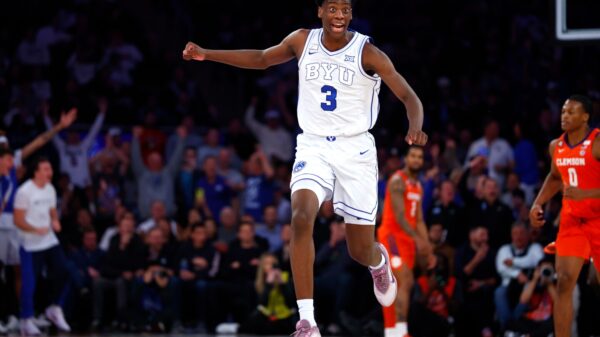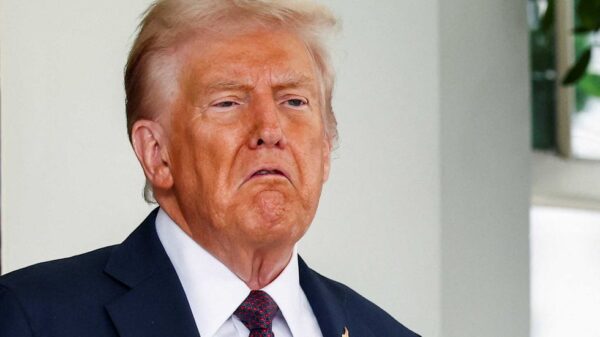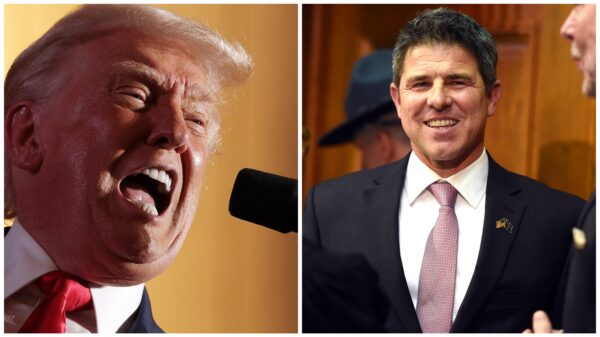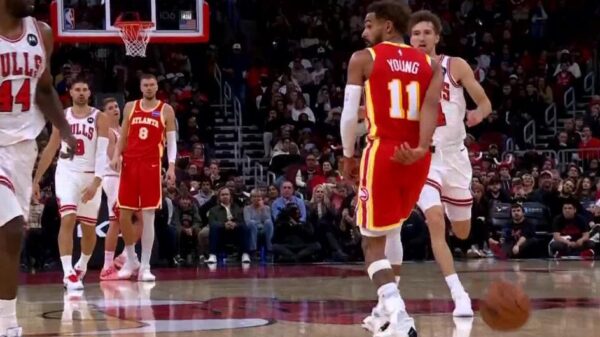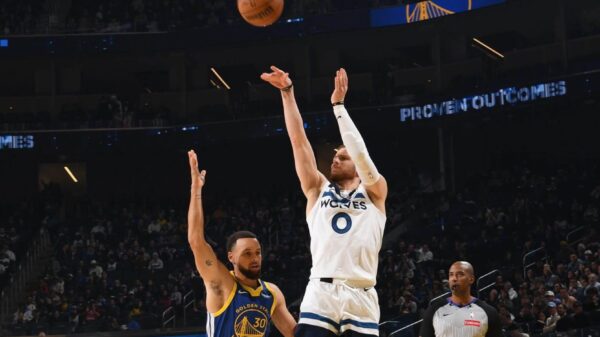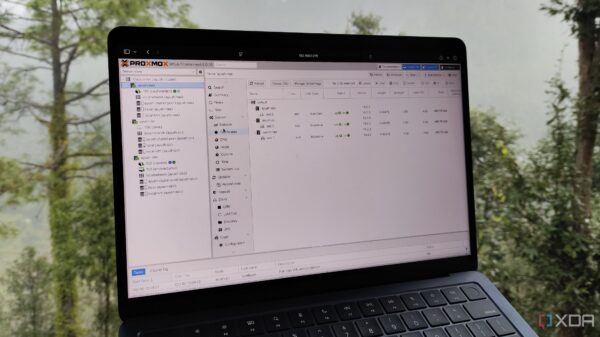On March 5, 2024, a significant ruling by Judge James Boasberg concluded that Meta does not currently hold a monopoly over social media platforms. This decision stems from a lengthy case initiated by the Federal Trade Commission (FTC), which accused Meta of maintaining monopolistic control through its acquisitions of Instagram and WhatsApp. The ruling highlights how the competitive landscape has changed, particularly with the rise of platforms like TikTok and YouTube.
The court’s decision comes after nearly a decade of scrutiny regarding Meta’s market power. Judge Boasberg noted that the FTC failed to prove that Meta retains monopoly power in the social media advertising market today. He stated, “Whether or not Meta enjoyed monopoly power in the past, the agency must show that it continues to hold such power now.” The FTC’s inability to provide sufficient evidence of Meta’s dominance at present was crucial to the ruling.
In his judgement, Boasberg pointed out that the emergence of competitors such as TikTok has significantly altered user behavior. The judge wrote that “people treat TikTok and YouTube as substitutes for Facebook and Instagram,” indicating a substantial competitive overlap. He emphasized that consumers have been reallocating their time from Meta’s platforms to these rivals, which has pressured Meta to invest heavily to remain relevant.
The implications of this ruling are significant for Meta, whose CEO, Mark Zuckerberg, has previously expressed a desire to dominate the social media space. Evidence presented during the case included messages from Zuckerberg stating, “It is better to buy than compete,” and acknowledging that acquiring competitors was a strategy to “buy time” to integrate features before rivals could catch up.
Despite the ruling’s implications for Meta, the judge’s assessment of the company’s current standing in the market suggests that the quality of its products may not be as strong as desired. Boasberg noted that the social media landscape has evolved, particularly with a shift towards video content, where competitors now hold a significant advantage.
This ruling is part of a broader trend where major tech companies, including Google, have managed to evade stringent antitrust actions. Google previously faced scrutiny for its monopoly in online search but benefited from the rapid evolution of technology, including the rise of generative AI, which the presiding judge acknowledged could disrupt its dominance.
As the landscape continues to evolve, Meta’s ruling serves as a reminder that the perception of monopoly power is not static. With the emergence of new competitors and changing consumer preferences, companies must continuously adapt to maintain their market positions.

